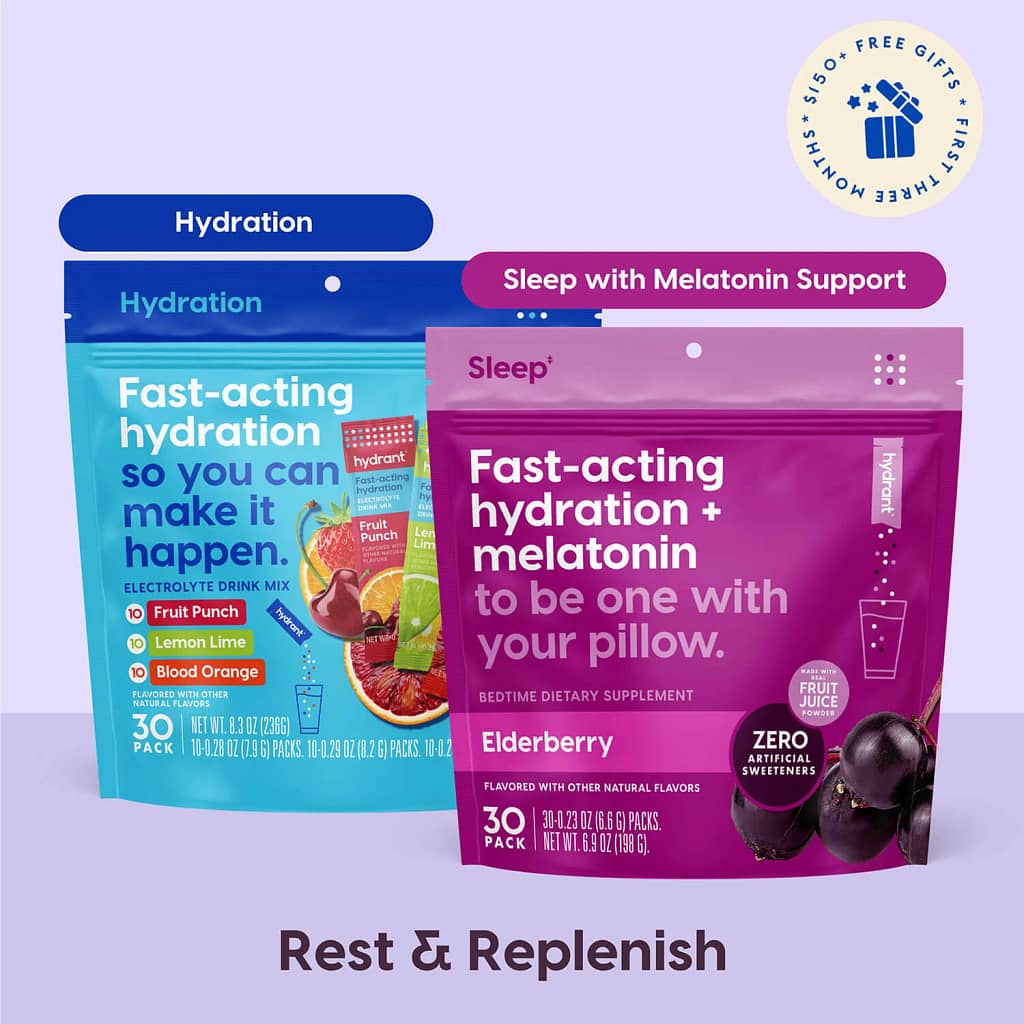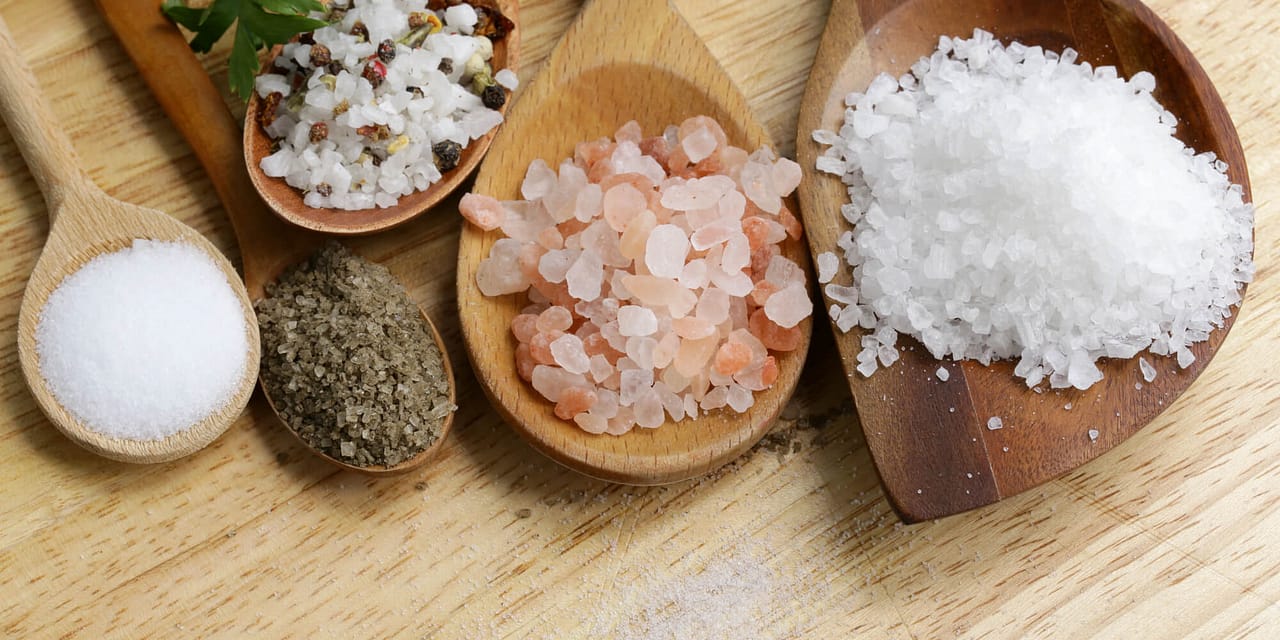Salt has been a staple in human diets for thousands of years, serving not just as a flavour enhancer but as an essential nutrient for bodily functions. While modern health narratives often warn against excessive salt intake due to risks like high blood pressure, emerging perspectives highlight its vital role in maintaining electrolyte balance, supporting nerve function, and even boosting cellular energy production. At nofatjabs.com, we emphasise natural, balanced approaches to wellness, and salt, when chosen wisely, fits perfectly into that philosophy. This article explores the different types of salt, their benefits, and why not all salts are created equal. We’ll also dive into how salt supports mitochondrial health, the powerhouse of your cells, helping you burn energy efficiently for weight management and vitality.
What Is Salt and Why Does It Matter?
Chemically, salt is sodium chloride (NaCl), a compound that dissociates into sodium and chloride ions in the body. Sodium is crucial for fluid balance, while chloride aids in digestion by forming hydrochloric acid in the stomach. The human body requires about 500 mg of sodium daily to function, though most guidelines recommend 1,500-2,300 mg to prevent deficiency or excess. Without adequate salt, you risk hyponatremia (low sodium levels), leading to symptoms like fatigue, headaches, and muscle cramps.
Historically, salt was so valuable that it was used as currency (hence “salary”). Today, debates rage over its health impacts, but evidence shows moderate intake supports hydration, nerve impulses, and muscle contractions, key for active lifestyles and natural weight loss. However, the type of salt matters greatly, as processing can strip beneficial minerals or add harmful additives.
Exploring the Different Types of Salt
On first consideration, I was happy to believe that there were only three types: table salt, sea salt crystals, and Celtic salt. These are indeed popular, but there are several more varieties, each with unique sourcing, processing, and mineral profiles. While all salts are primarily sodium chloride (about 97-99%), natural, unrefined ones retain trace minerals that may offer additional health benefits, such as supporting electrolyte balance and digestion. Let’s break them down, starting with the main three…
Table Salt: The Processed Staple

Table salt is mined from underground deposits and heavily refined to remove impurities, resulting in fine, uniform crystals. It’s often iodized (with added iodine to prevent deficiencies) and includes anti-caking agents like aluminum silicate to prevent clumping. While convenient and cheap, this processing strips away natural minerals, leaving mostly pure sodium chloride.
Some argue it’s harmful due to these additives and lack of nutrients, potentially contributing to imbalances if overconsumed. However, evidence shows it’s safe in moderation but less beneficial than unrefined options.
Sea Salt Crystals: Nature’s Evaporated Gift.
Sea salt is harvested by evaporating seawater, retaining trace minerals like magnesium, potassium, and calcium, up to 84 in some varieties. It has a coarser texture and subtle briny flavour, making it popular for cooking. Unlike table salt, it’s minimally processed, preserving electrolytes that support hydration and nerve function.
However, it can contain microplastics or pollutants from ocean sources, so opt for reputable brands. Overall, it’s considered more beneficial than table salt for its mineral content.

Celtic Salt: The Mineral-Rich Moist Variety

Celtic salt, harvested from coastal clay ponds in France. It is hand-raked and sun-dried, resulting in moist, greyish crystals with a high mineral content (e.g., more calcium and magnesium than sea salt). It’s lower in sodium (about 33%) and has a briny taste.
Advocates praise its alkalizing properties and electrolyte support, potentially aiding detoxification and bone health. It’s often seen as superior to basic sea salt due to its unrefined nature and nutrient density.
Other Salts: Are They as Good?
There are indeed more types, and many are comparable or even better in specific ways:
Himalayan Pink Salt: Mined from ancient Pakistani deposits, it’s pink from iron oxide and contains 84 trace minerals. It has a mild flavour and is touted for pH balance and respiratory benefits (e.g., in salt lamps), making it as good as or better than Celtic for mineral variety.
Kosher Salt: Coarse and additive-free, it’s used for koshering meat but similar to sea salt in benefits—good for cooking but lacks extra minerals.
Fleur de Sel: A premium sea salt “flower” from France, hand-harvested with delicate crystals; comparable to Celtic but pricier and less mineral-rich.
Black Lava Salt: Hawaiian sea salt with activated charcoal; adds detox benefits but not superior nutritionally.
Natural salts like Celtic, Himalayan, and sea are generally more beneficial than processed table salt due to minerals, but all should be used in moderation.
Natural salts like Celtic, Himalayan, and Sea are generally more beneficial than processed table salt due to minerals, but all should be used in moderation.
The Health Benefits of Salt in Your Diet.
Salt isn’t just seasoning—it’s essential for survival. Here’s how it supports your body.
Electrolyte Balance and Hydration:
Sodium regulates fluid levels, preventing dehydration. In hot climates or during exercise, salt replenishes electrolytes lost in sweat, maintaining blood volume and preventing cramps. Natural salts with potassium (e.g., Celtic) enhance this balance.
Nerve and Muscle Function:
Sodium enables nerve impulses and muscle contractions, crucial for heart rhythm and movement. Deficiency can cause weakness or an irregular heartbeat.
Digestion and Nutrient Absorption:
Chloride in salt produces stomach acid for breaking down food and absorbing nutrients like vitamin B12 and iron. It also supports thyroid function via iodine in iodised salts.
Other Benefits:
Moderate salt intake may improve sleep, reduce stress (via adrenal support), and aid skin health by balancing pH. For weight loss, it curbs water retention when balanced.
However, excess (over 2,300 mg/day) raises blood pressure risks, so aim for quality over quantity.
Salt’s Crucial Role in Mitochondrial Health.
Mitochondria, the “powerhouses” of cells, produce ATP (energy) through processes like oxidative phosphorylation. Sodium plays a key role in maintaining ion gradients essential for this energy production. Adequate salt supports mitochondrial membrane potential, ensuring efficient fat and glucose burning for weight loss and vitality.
Natural salts’ minerals (e.g., magnesium in Celtic) protect mitochondria from oxidative stress, enhancing biogenesis (new mitochondria creation). Studies show balanced sodium aids electron transport chain function, reducing fatigue and boosting metabolism. However, excess salt can disrupt mitochondrial respiration, leading to inflammation, emphasising moderation and natural sources.
For keto dieters, salt replenishes electrolytes lost in low-carb states, supporting mitochondrial fat-burning efficiency.
Processed Table Salt: Harmful or Harmless?
I’m yet to be convinced that there is a place for table salt in our diets. And evidence partially supports this. Its refining removes 60+ trace minerals, leaving high sodium without balancing electrolytes, potentially contributing to imbalances like hypertension if overconsumed. Anti-caking agents (e.g., ferrocyanide) are controversial, though deemed safe in small amounts. I would only use it for melting ice on pathways!
Natural salts like sea and Celtic are beneficial, providing minerals that aid mitochondrial health and reduce processed salt’s risks. Switch to them for better nutrient absorption and flavour.
Conclusion: Salt Smartly for Optimal Health.
Salt is indispensable for diet and health, especially for mitochondrial function and energy. Choose natural varieties like Celtic or sea salt over processed table salt for maximum benefits. Incorporate 1-2 level tsp daily. This is subjective, and will depend on your daily activity and outside temperature. The services give out salt tablets in warm climates. Consult a doctor if needed. At nofatjabs.com, we embrace salt as a natural ally in your wellness journey.
If You’re Interested In High-quality Products That Have Been Specially Designed Around Hydration:

Hydrate for Energy, Sleep and Immunity!
Find out more and click this link to receive 20% off!
Try it, Love it, or your money back!
As an affiliate, I may earn from qualifying purchases at no cost to you!






